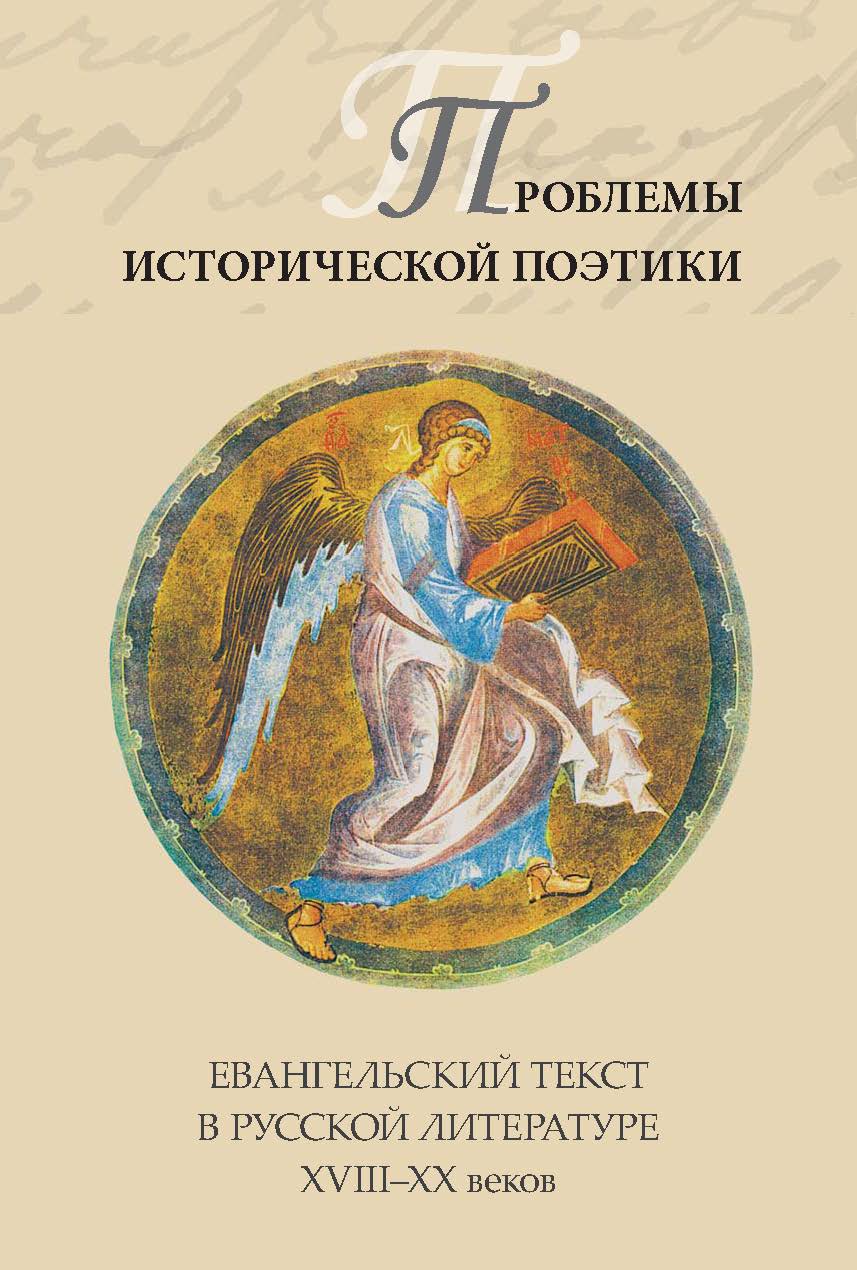МОТИВ ВОЗВРАЩЕНИЯ БЛУДНОГО СЫНА В РОМАНАХ И. С. ТУРГЕНЕВА
THE MOTIF OF THE PRODIGAL SON IN IVAN TURGENEV'S NOVELS
Author(s): Valentina GabdullinaSubject(s): Language and Literature Studies, Literary Texts, Poetry, Fiction, Studies of Literature, Russian Literature, Philology, Drama
Published by: Петрозаводский государственный университет
Keywords: Gospel motif; archetype; the prodigal son; Ivan Turgenev
Summary/Abstract: The author questions the perception of Ivan Turgenev as a “non- Christian writer” and studies the problem of the prodigal son motif functioning in a series of his novels. In his novels, Turgenev pictured different phases of the archetypal story, originating from the Gospel parable of the prodigal son. In the novel Rudin he depicted the phase of spiritual wanderings of the hero who had lost touch with his native land — Russia. In his next novels (Home of the Gentry, Fathers and Sons and Smoke), after leading his hero in circles and sending him back to his paternal home, Turgenev reconstructs the model of human behavior, represented in the parable, thereby recognizing the immutability of the idea formalized in the Gospel. The motif of the return to Russian land gets its completion in Turgenev's last novel Virgin Soil, in which the author paradoxically connects the Westernist idea with the Gospel imperative. Solomin, the son of a deacon, sent by his wise father out to Europe “to get education”, studies in England, masters the European knowledge and returns back “to his native land” to establish his own business in inland Russia. Thus, a series of Turgenev's novels, in which he portrayed different phases of social life, are interlinked with the motif of the prodigal son, who is represented by novels' main characters.
Journal: Проблемы исторической поэтики
- Issue Year: 11/2013
- Issue No: 1
- Page Range: 135-149
- Page Count: 14
- Language: English, Russian

